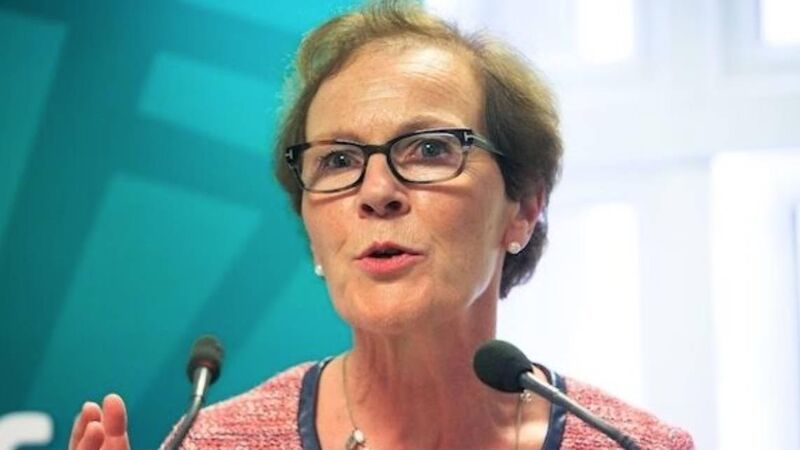LIVEFergus Finlay: We must change language around sex crimes in quest for justice

Dublin Rape Crisis Centre Chief Executive, Noeline Blackwell.
Have I got your attention? Good. Noeline, the CEO of the Rape Crisis Centre is, in fact, someone I admire enormously. I’ve known her for a long time and worked with her once or twice. A more honest, direct, and professional advocate you’d go a long way to find.















